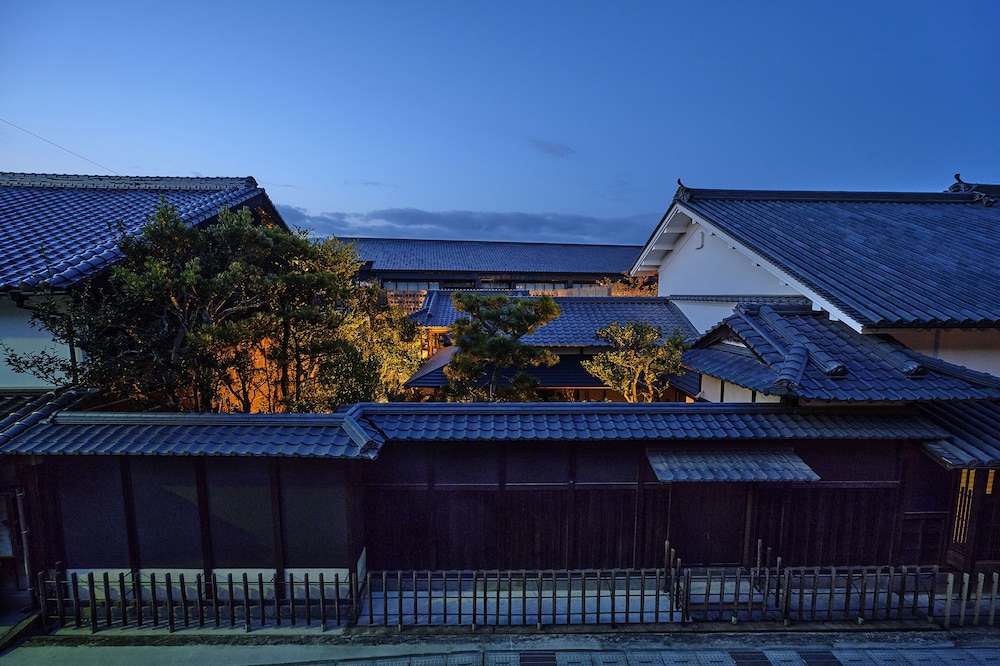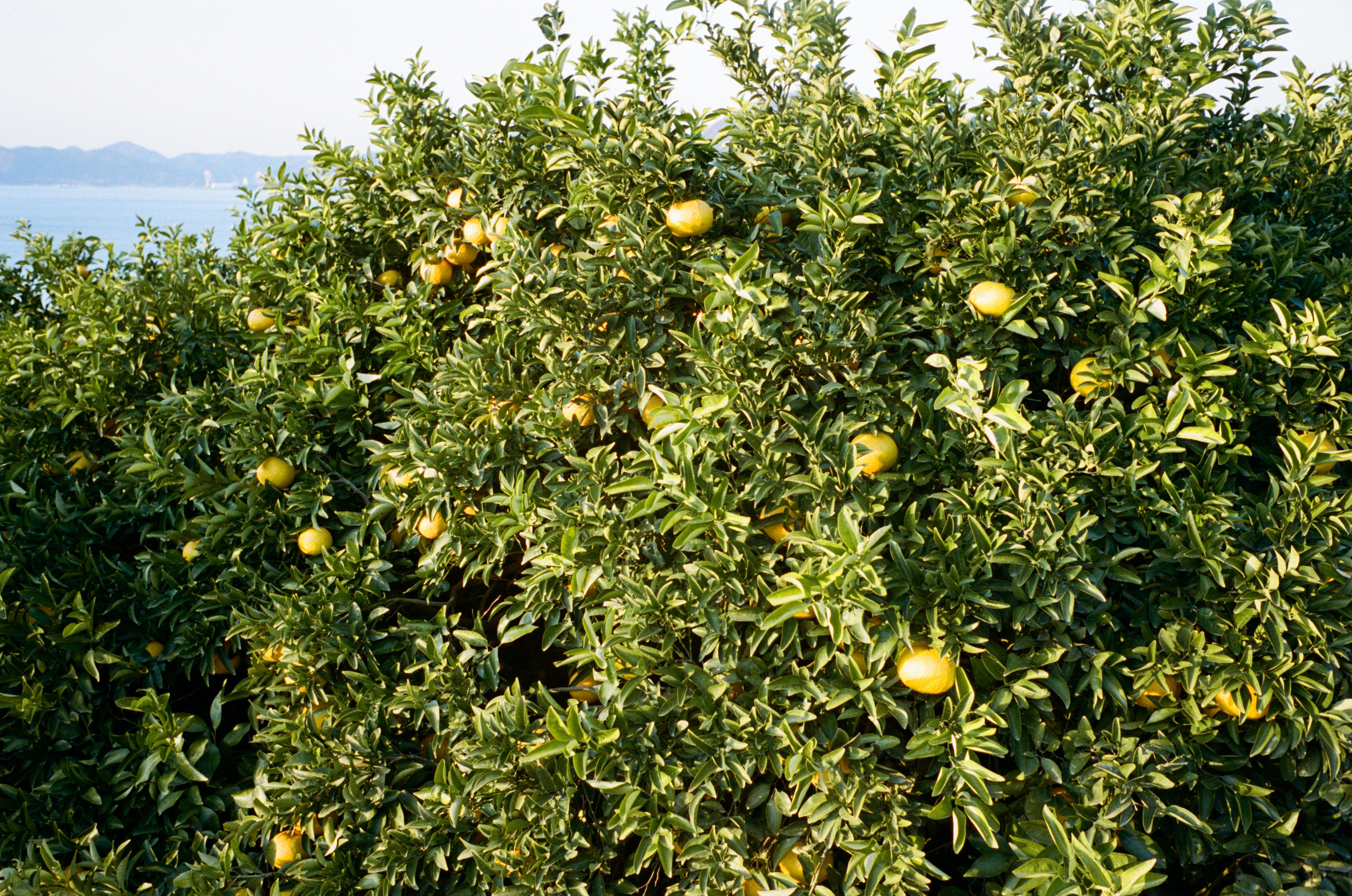Azumi Setoda
Minimalist rooms with cypress baths, restaurant, communal bathhouse
Information
269 Setodacho Setoda, Onomichi, Hiroshima 722-2411, Japan Get directions
Minimalist rooms with cypress baths, restaurant, communal bathhouse




269 Setodacho Setoda, Onomichi, Hiroshima 722-2411, Japan Get directions

"A 22-room ryokan on Ikuchijima opened by a pioneering resort founder, this intimate Japanese inn serves as a quiet base for exploring cinematic cliffside temples, sampling excellent local ramen and pastries, island-hopping by ferry or private boat, and cycling through serene landscapes." - Travel + Leisure Editors Travel + Leisure Editors Since 1971, Travel + Leisure editors have followed one mission: to inform, inspire, and guide travelers to have deeper, more meaningful experiences. T+L's editors have traveled to countries all over the world, having flown, sailed, road tripped, and taken the train countless miles. They've visited small towns and big cities, hidden gems and popular destinations, beaches and mountains, and everything in between. With a breadth of knowledge about destinations around the globe, air travel, cruises, hotels, food and drinks, outdoor adventure, and more, they are able to take their real-world experience and provide readers with tried-and-tested trip ideas, in-depth intel, and inspiration at every point of a journey. Travel + Leisure Editorial Guidelines

"A small, 22-room ryokan created by a noted hospitality founder, this intimate property emphasizes charm and boutique hospitality as part of efforts to introduce visitors to a quieter, less-traveled coastal destination." - Mark Lakin Mark Lakin Mark Lakin is a renowned hospitality brand strategist, luxury travel expert, keynote speaker, fine art photographer, seasoned corporate lawyer, and more. He serves on the Travel + Leisure Travel Advisory Board and is recognized as a top travel specialist. Travel + Leisure Editorial Guidelines

"A hushed sliding-door arrival opens onto an Adrian Zecha–devised reinvention of the ryokan on an island famed for lemons, where a 140-year-old residence was pared back by architect Shiro Miura. An intimate lobby of exposed timber and sea-blue plaster leads to a communal restaurant (citrus piled high) serving modern Japanese with Silk Road inflections—octopus sashimi to coriander-and-tofu. An inner garden, wrapped by towering cedar kakine fences, frames cherry and curved pines; Azumaya, a glass-walled meditation space, sits nearby. Serene rooms use light cypress, paper screens, low white beds, and hinoki bathtubs, while community roots run deep—from lemon picking and Zen temple meditations to Yubune, the sleek sento bathhouse opposite where guests and locals soak together, lemons bobbing in the steam." - Danielle Demetriou, Adam H. Graham

"Housed in the 149-year-old former residence of a prominent local family on Ikuchijima Island, this 22-room minimalist retreat by architect Shiro Miura opens onto private Zen-inspired outdoor spaces. Rooms feature rice paper screens, cypress wood bathtubs, and courtyard-facing gardens; a complimentary community bathhouse across the street and proximity to the island’s lemon groves and the Seto Inland Sea art scene round out the languorous, old-Japan mood." - Yukari Sakamoto, Adam H. Graham

"A 140-year-old family estate redesigned as a 22-room property by a noted architect, it combines comfy Western-style beds with traditional shoji screens and cypress bathtubs, and serves hyper-local cuisine prepared with French techniques; guests can also access a community bath house just across the street." - Nicola Chilton